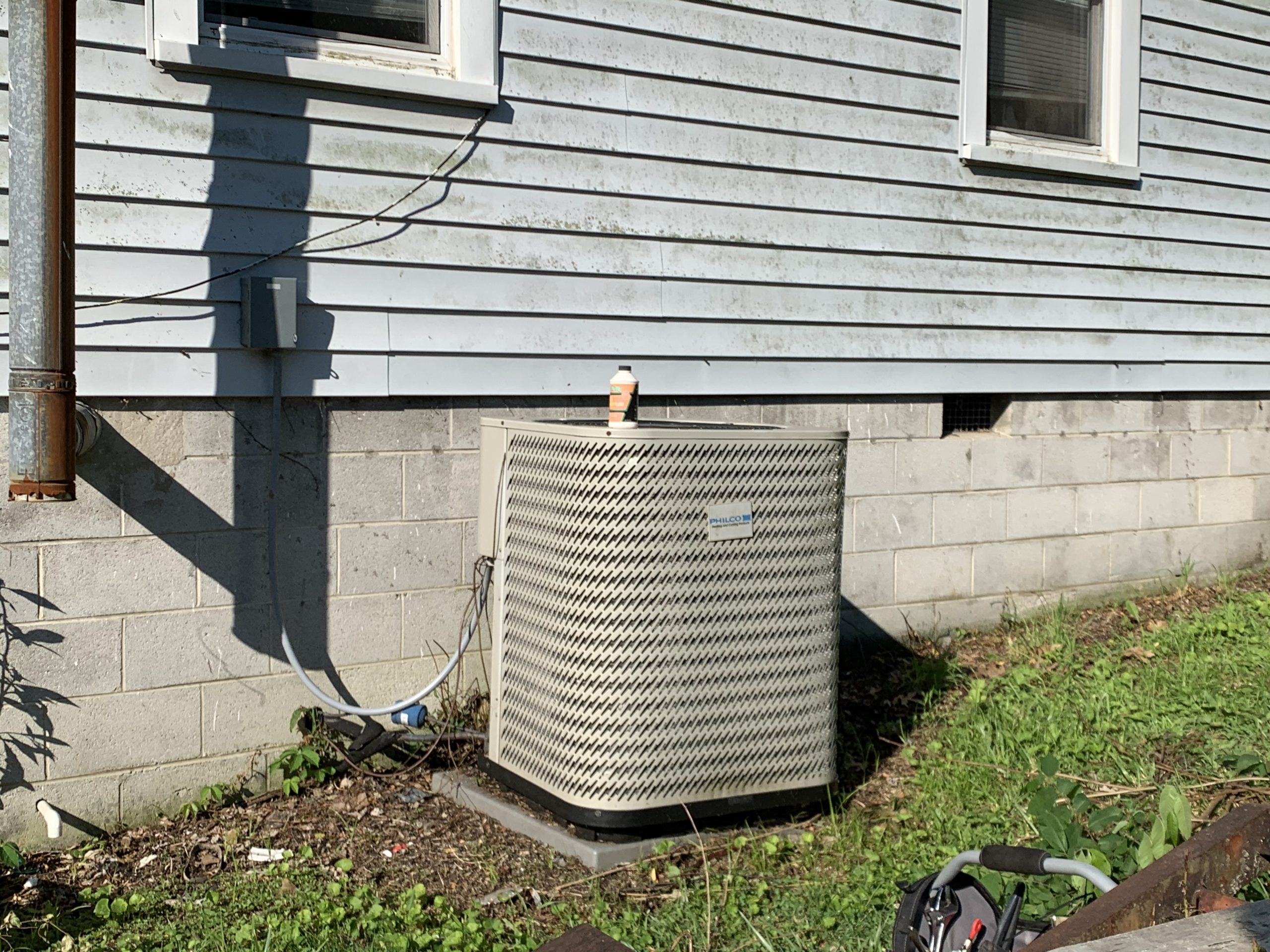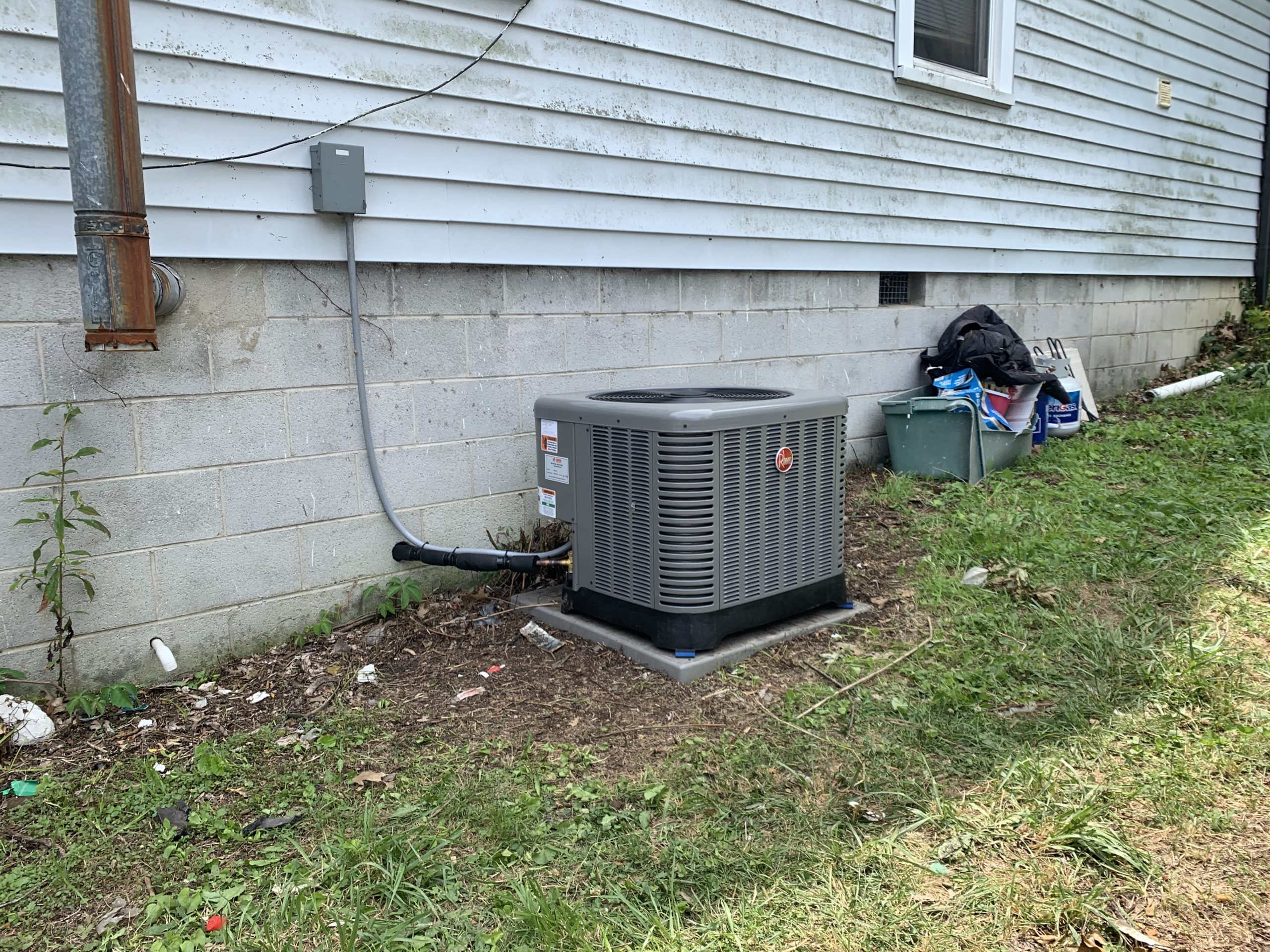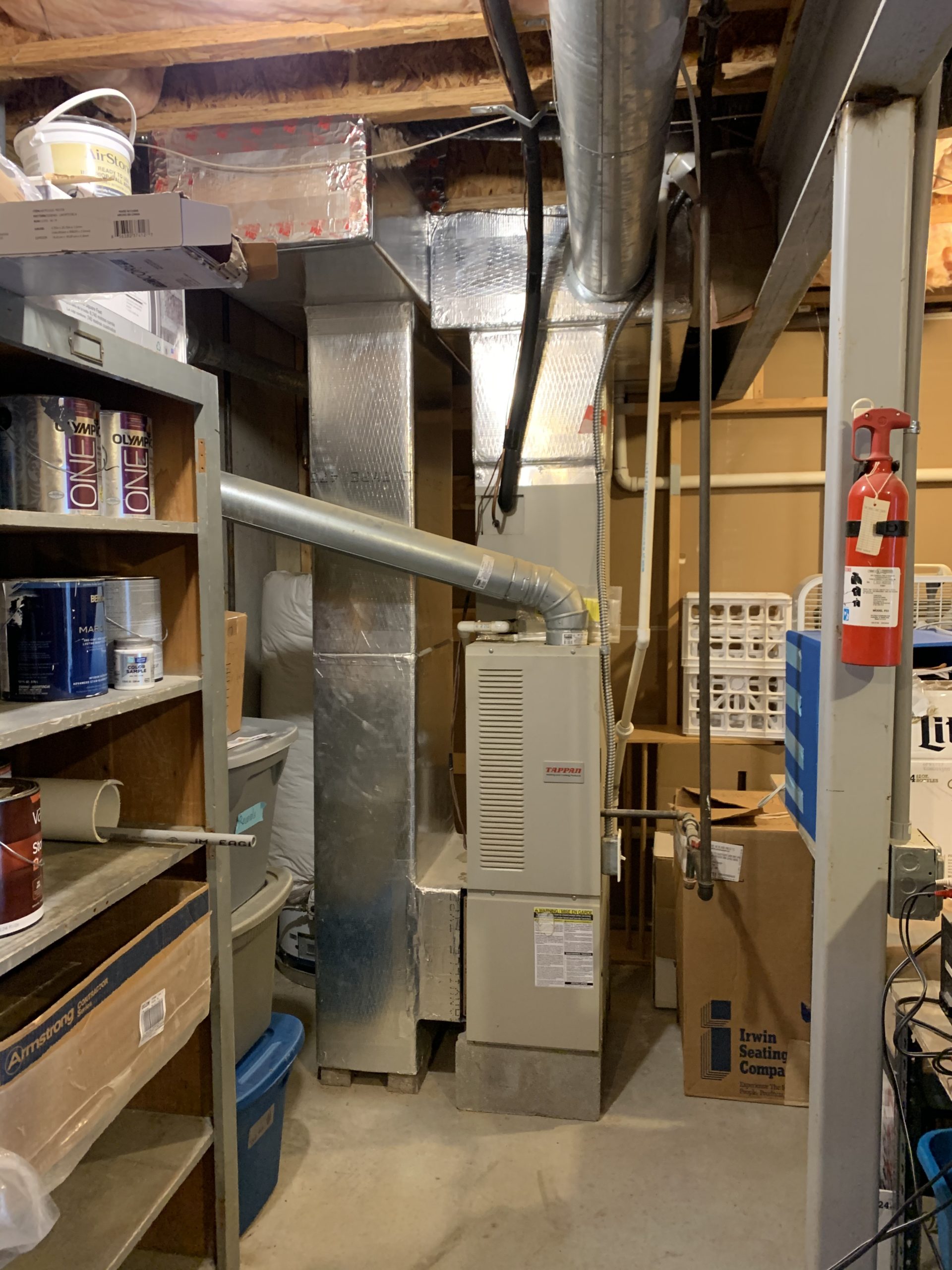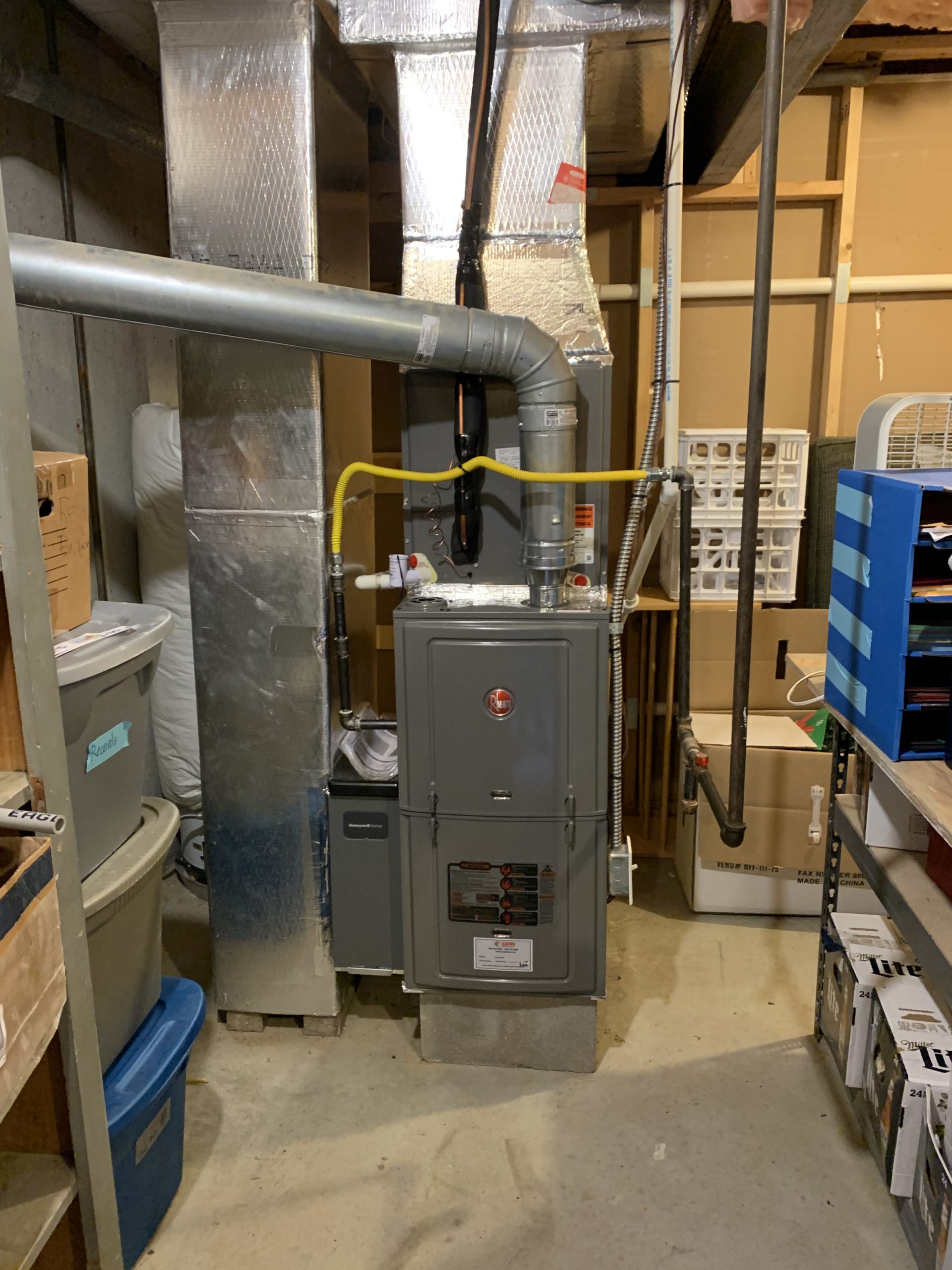FAQ




Sizing capacities of HVAC systems are measured in tons.
How is the efficiency of heating and cooling equipment measured?
The efficiency rating of HVAC equipment is measured in a SEER rating. Entry level systems begin at 14 SEER and can go all the way up to 36 SEER Variable speed equipment
A properly sized HVAC will run just enough to maintain optimal humidity levels and long enough to not short cycle.
Air coming out of the supply vents should be between 48-55 degrees.
HVAC systems are to be operated between 68-85 degree set points on the thermostat.
The advantages of a programmable thermostat is that you can program different temperatures for different times throughout the day without having to constantly change it on the thermostat yourself.
A typical 1″ Pleated filter needs to be replaced every 30 days.
Closing registers is never a good idea because the equipment was sized for those registers to remain open and produce airflow. Closing registers will lead to not enough airflow and freezing coils
Humidifiers are used more in heating applications because of the low humidity during the winter season calls for more humidity inside the house. Also, gas furnaces and heat pumps dry the air out even more inside your home.
An HVAC maintenance plan offers numerous advantages, including improved energy efficiency, enhanced system performance, extended system lifespan, reduced breakdowns and emergency repairs, improved indoor air quality, and compliance with warranty requirements. While some maintenance tasks can be done independently, professional HVAC maintenance is recommended. Trained technicians possess the expertise, skills, and specialized tools to identify and address hidden issues. Professional maintenance plans also include comprehensive inspections and tune-ups for optimal system performance.
When selecting an HVAC maintenance plan, consider the services offered, visit frequency, provider reputation, cost and value, and additional perks to choose the right plan.
The frequency of maintenance visits depends on various factors, such as the type of system, its age, usage, and the manufacturer’s recommendations. Generally, it is advisable to schedule HVAC maintenance at least once a year. Some systems may require more frequent maintenance, such as twice a year for systems that provide both heating and cooling.
Increasing the life expectancy of your HVAC all begins with preventative maintenance. Cleaning the indoor and outdoor coils, replacing bad capacitors, cleaning the blower wheel to reduce motor amperes, and maintaining correct refrigerant pressures are some of the essential tasks in prolonging the life of your equipment.
A system with more capacity is not better, it will short cycle wearing down parts at a quick rate and it will lead to humidity issues inside the home.
A run cycle should typically last 15-20 minutes
Air conditioner maintenance involves condenser coil cleaning, checking capacitor charge, checking the operation of compressor and fan motor, checking electrical connections to make sure they are all tight and not overamping.
Prior to calling for a service call you can check the breaker panel to see if there is still power going to your equipment.
HVAC maintenance is strongly recommended to be done Bi-annually, or twice a year.
New replacement system costs vary based on size of equipment, and efficiency ratings.
Multistage equipment draws less power therefore helping the climate and the environment.
Electronic air cleaners do a fantastic job of cleaning the air and lowering dust particles inside your home.
Knowing if your AC is big enough comes from it being able to cool down to at least 70 degrees and in a timely manner, also having periods of time between cycles where it does not run.
An HVAC maintenance plan is a service agreement offered by HVAC (Heating, Ventilation, and Air Conditioning) companies that provide regular and scheduled maintenance for your heating and cooling systems. It typically includes inspections, cleaning, tune-ups, and other services to ensure optimal performance and prevent breakdowns.
An HVAC maintenance plan is important because it helps to extend the lifespan of your HVAC system, improve its efficiency, and reduce the likelihood of costly breakdowns. Regular maintenance also ensures that your system operates safely and helps maintain healthy indoor air quality.
